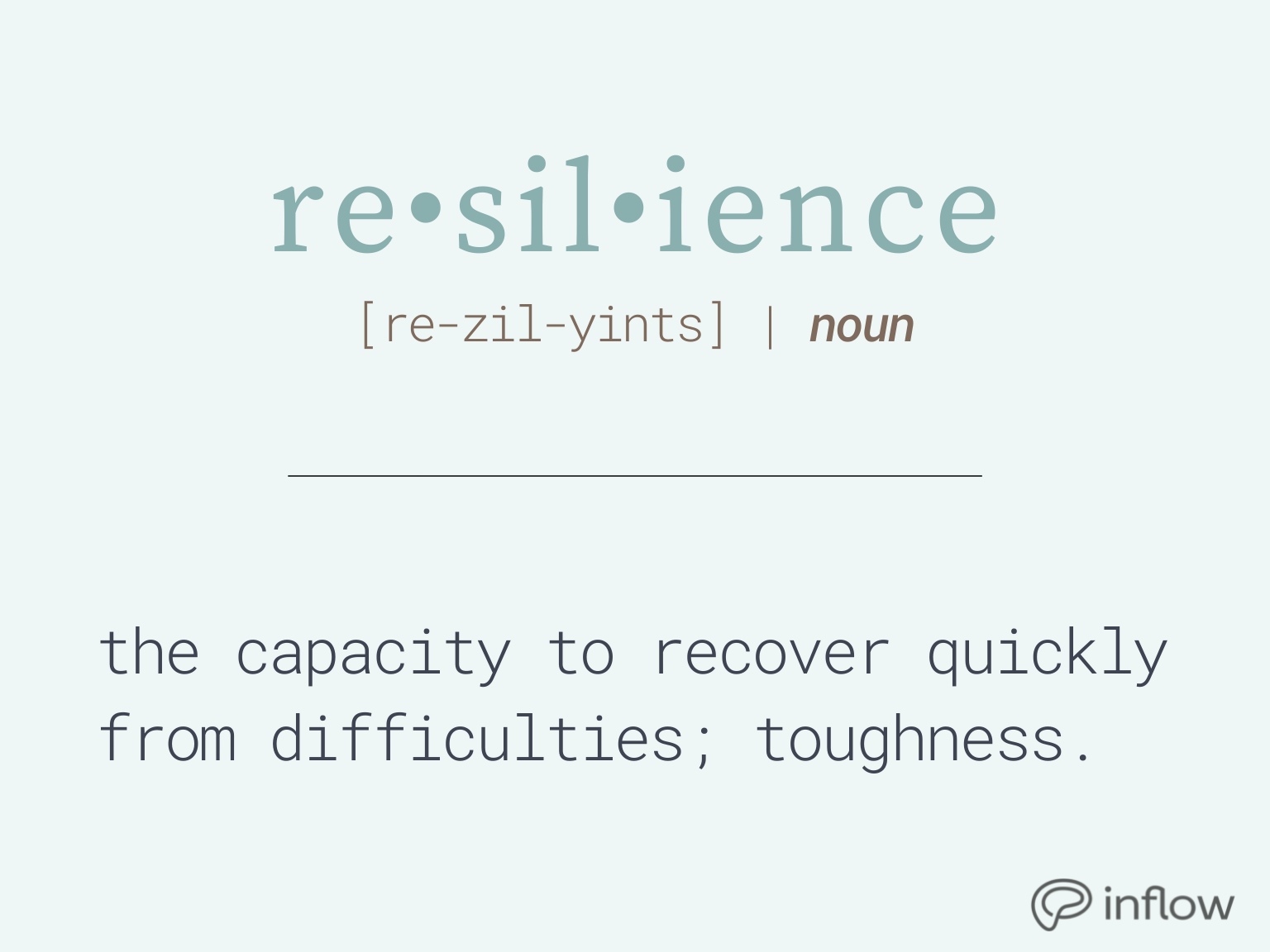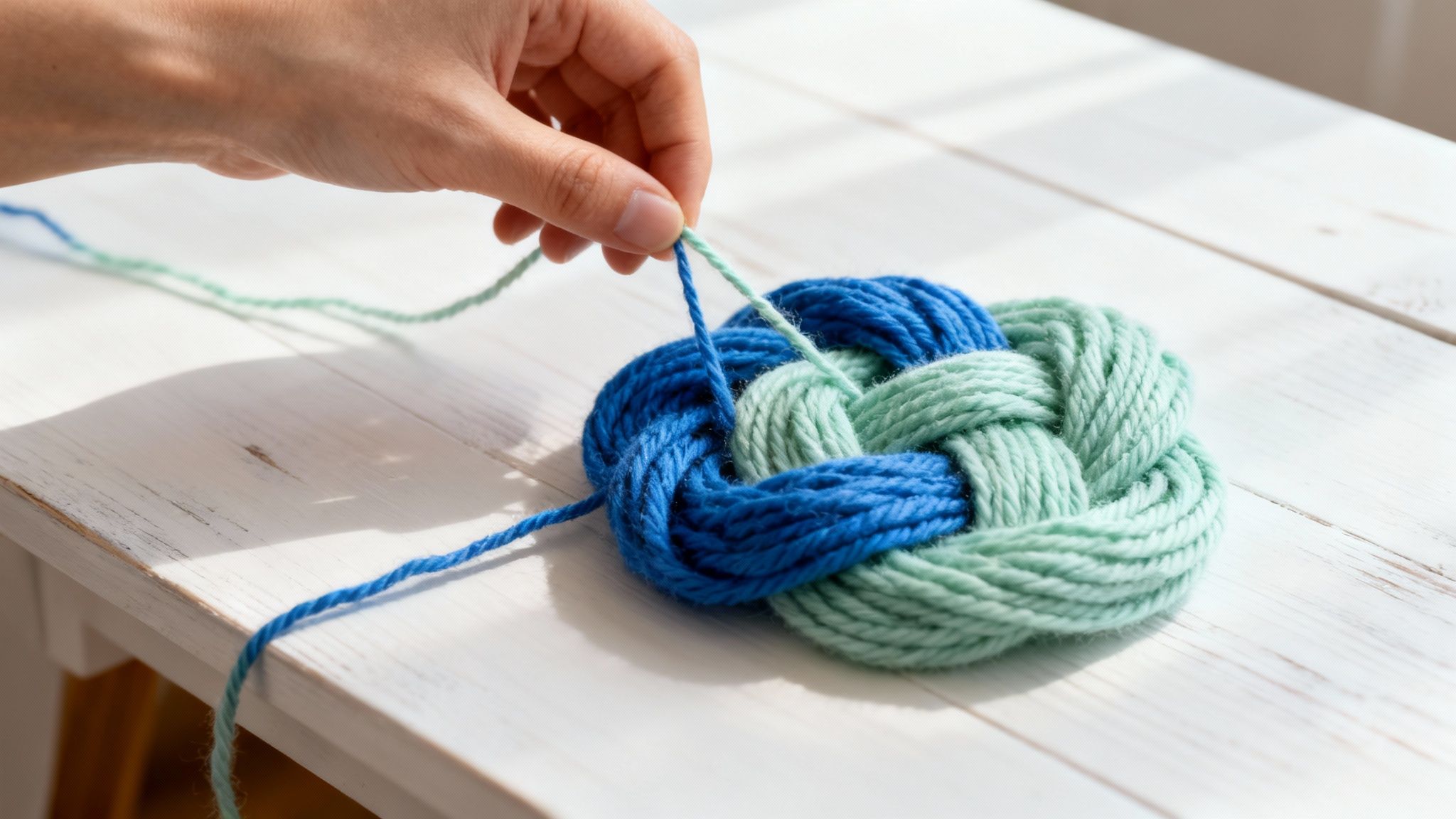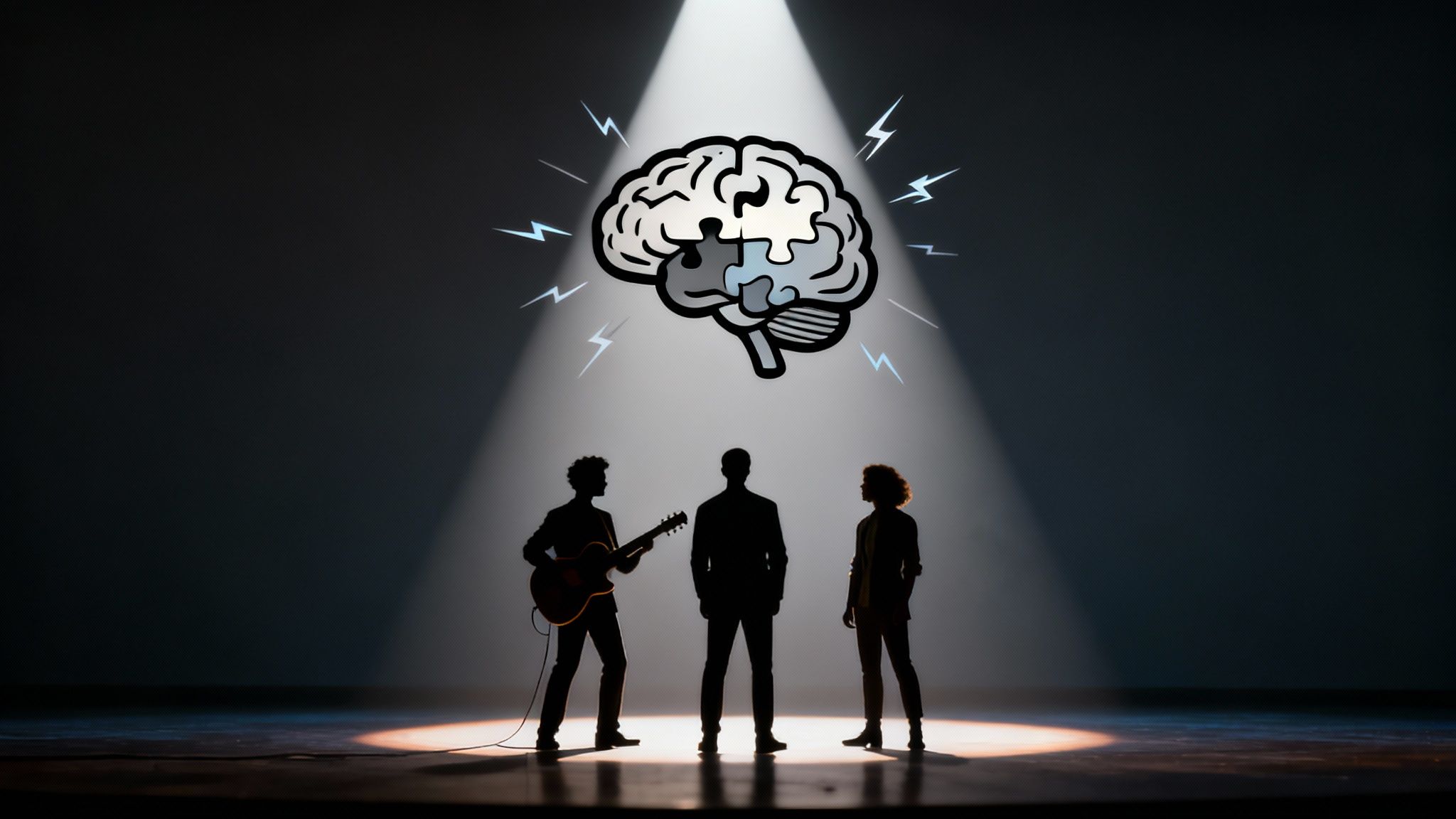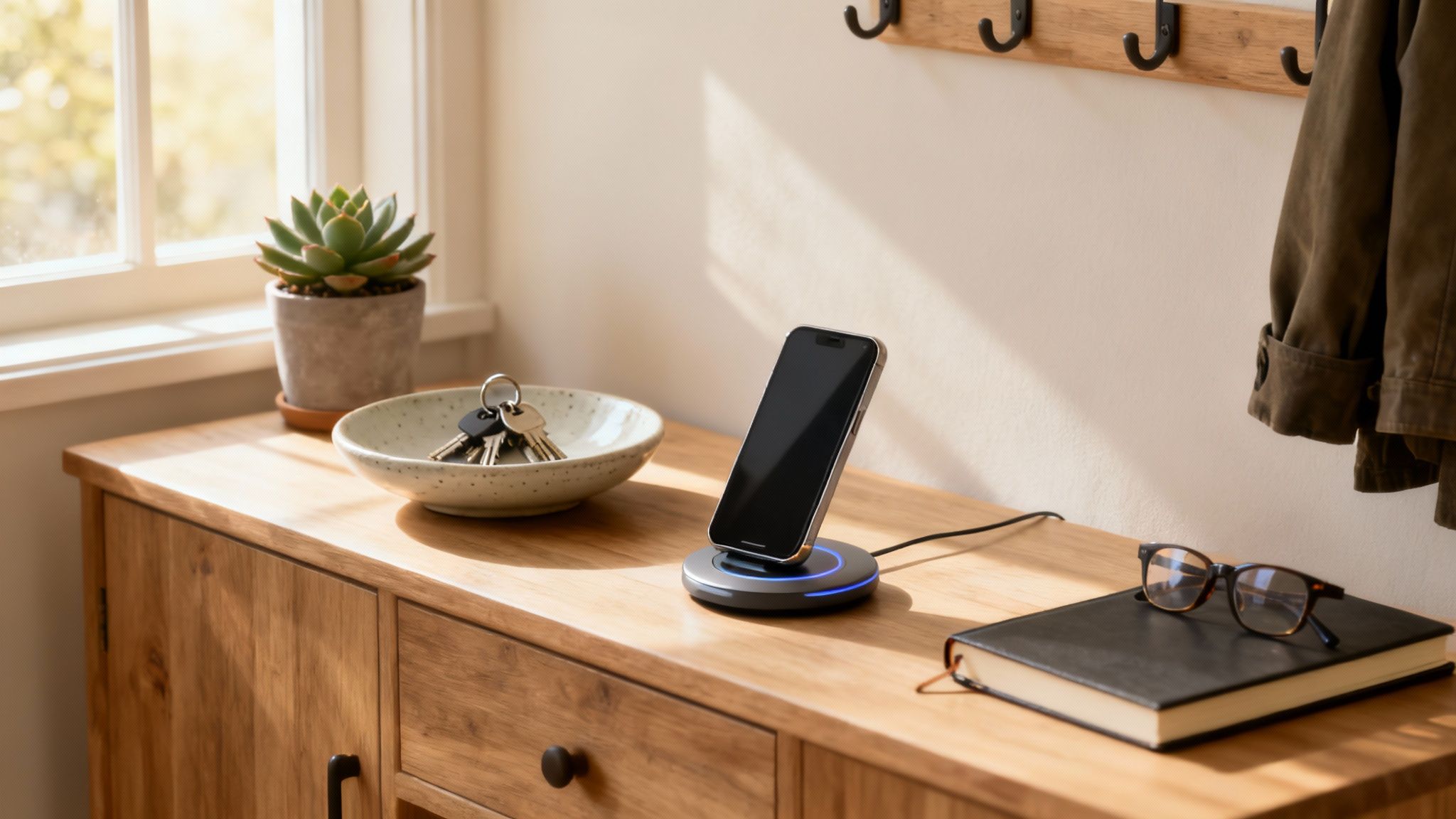At the beginning of my ADHD journey, I never referred to my ADHD as a “gift”.
How can this stigmatized mental health condition be a “good” thing for me when it’s so often portrayed as “bad” in our society?
It took a few years, but I no longer see my ADHD as a flaw—even though I still have my unique challenges. On the contrary, I love being an ADHD adult, and I’m proud of the strengths that I have because of it.
I want to encourage ADHDers to take a different approach by viewing their ADHD diagnosis in a positive light - because you may not realize it yet, but some of the best gifts can come from our greatest challenges.
And one of the best, most important gifts that ADHD can give us is the motivation to keep going; to get back up after we’ve been knocked down—resilience. And you might be surprised to discover why many adults with ADHD are so resilient in the first place.
Where does ADHD resilience come from?
More often than not, people with attention-deficit/hyperactivity disorder - or ADHD - are unnecessarily hard on themselves (myself included). Our tendency to be self-critical is likely a result of how our society views neurodiverse folks—from the stereotypical labels they give us to the mountains of misinformation they consume and spread.
It’s not uncommon for neurotypicals to vocalize harmful opinions and beliefs about people with ADHD—that we're lazy, messy, and loud. It’s no wonder we sometimes view ourselves in a negative light. Over time, their vocalized beliefs become ingrained into our own core beliefs about ourselves.
✨ Newsflash: ADHDers are anything but lazy.
We sometimes put in twice the effort of neurotypicals because of the extra constraints and challenges we face. We even go as far as trying to cover up our ADHD symptoms out of fear of being judged, ridiculed, or criticized by others.
This is sometimes referred to as “masking”, and maintaining this mask can be exhausting. But we keep going.
And that’s not laziness at all.
It's resilience.

ADHD and the gift of resilience
What resilience looks like in people with ADHD
- Navigating a neurotypical society, despite the extra hoops we have to jump through.
- Facing the stigma of ADHD1 - especially in recent years - and still showing up.
- Prioritizing our mental health by seeking support and advocating for ourselves.
To put it simply, we show resilience by leading our lives as our true neurodivergent selves in a society that wasn’t built for our success.
How to build resilience
The first (and only) step? Drop the mask.
When we’re honest about our vulnerabilities—with others and with ourselves—we gain the ability to challenge the unhelpful core beliefs we may have about ourselves. If we only ever engage in judgmental self-talk, then the motivation to bounce back after a setback becomes diminished over time.2
Resiliency is also about practicing strength-based self-talk, reframing, and remembering that any progress is good progress.
However, building resiliency is easier said than done, as some of our negative core beliefs may have been reinforced throughout our lives. Once the mask is removed and we’re ready to be open about our vulnerabilities, we can begin searching for the external resources that can put a little more bounce into our bounce-back.
External resources
What a time to be alive! In 2022, we have access to advocacy and support for our mental health right at our fingertips.
Yes, there may be a lot of stigma and misinformation floating around the internet, but there are also campaigns like Bell Let's Talk and ADHD advocates like these:
As a result, adults with ADHD have more ways than ever to connect with and learn from each other—and to me, that’s truly amazing.
Final thoughts
One of my biggest ADHD gifts is how my ADHD empowered me to go from being terrified to speak up about my mental health to proudly advocating for the mental health of others in their mental health and recovery journeys.
Throughout my journey, I learned to stop thinking of ADHD as good or bad, but more like a Yin Yang symbol where there are two sides; each side is a little bit of each other and how we’ll always have good and bad days; strengths and challenges.
These things make up who we are, and we should never be ashamed of who we are because we’re so much more than our challenges and ADHD diagnosis.








